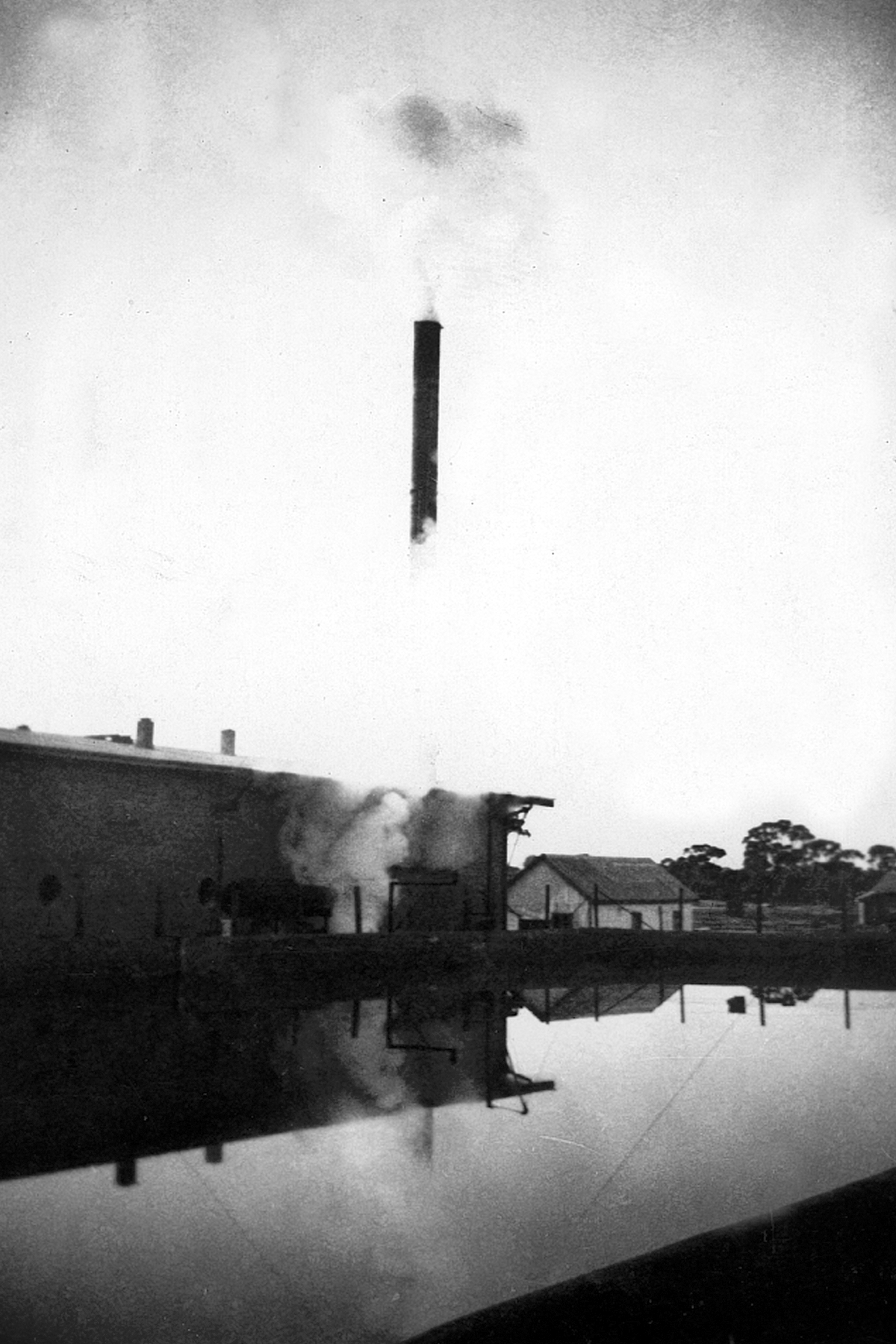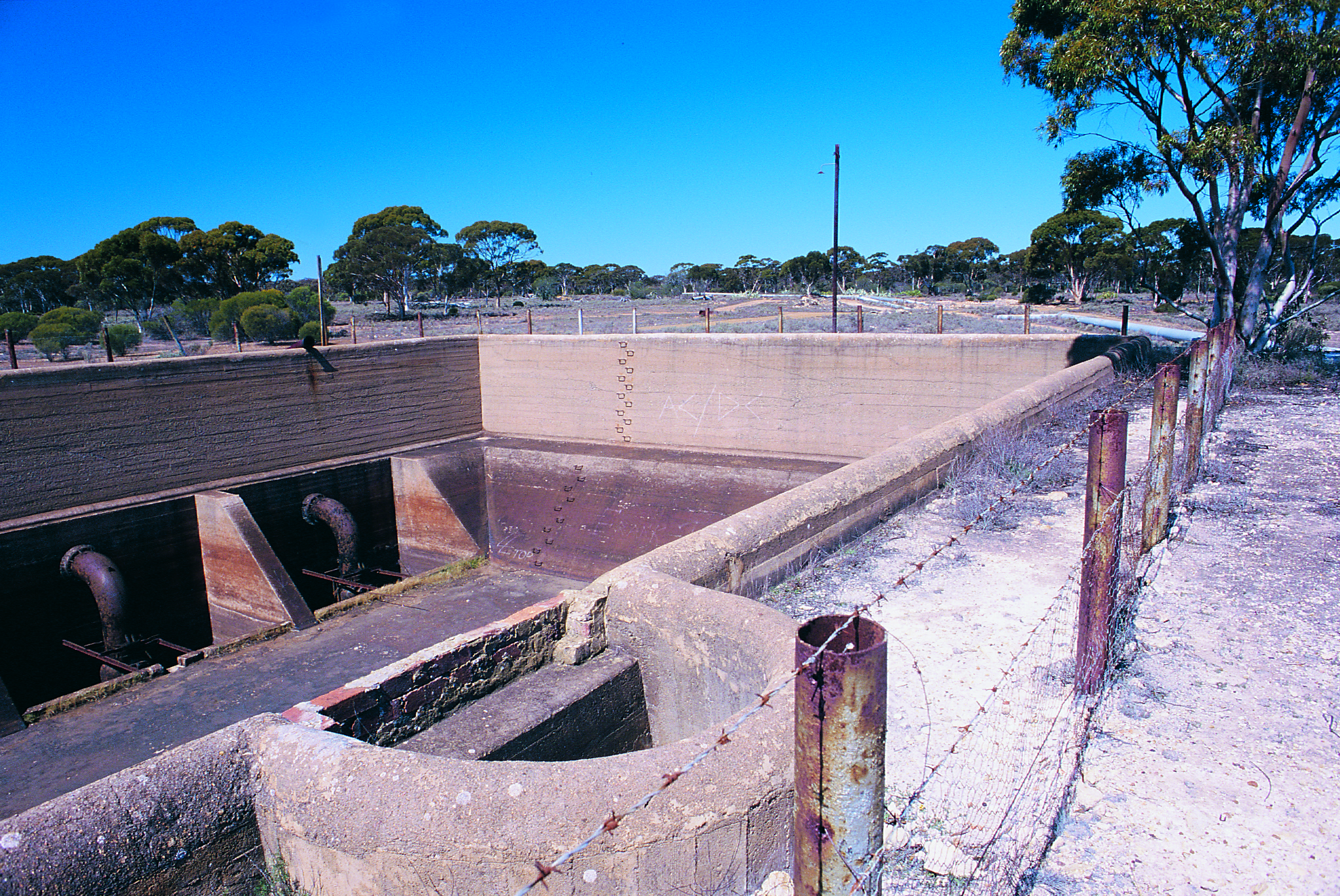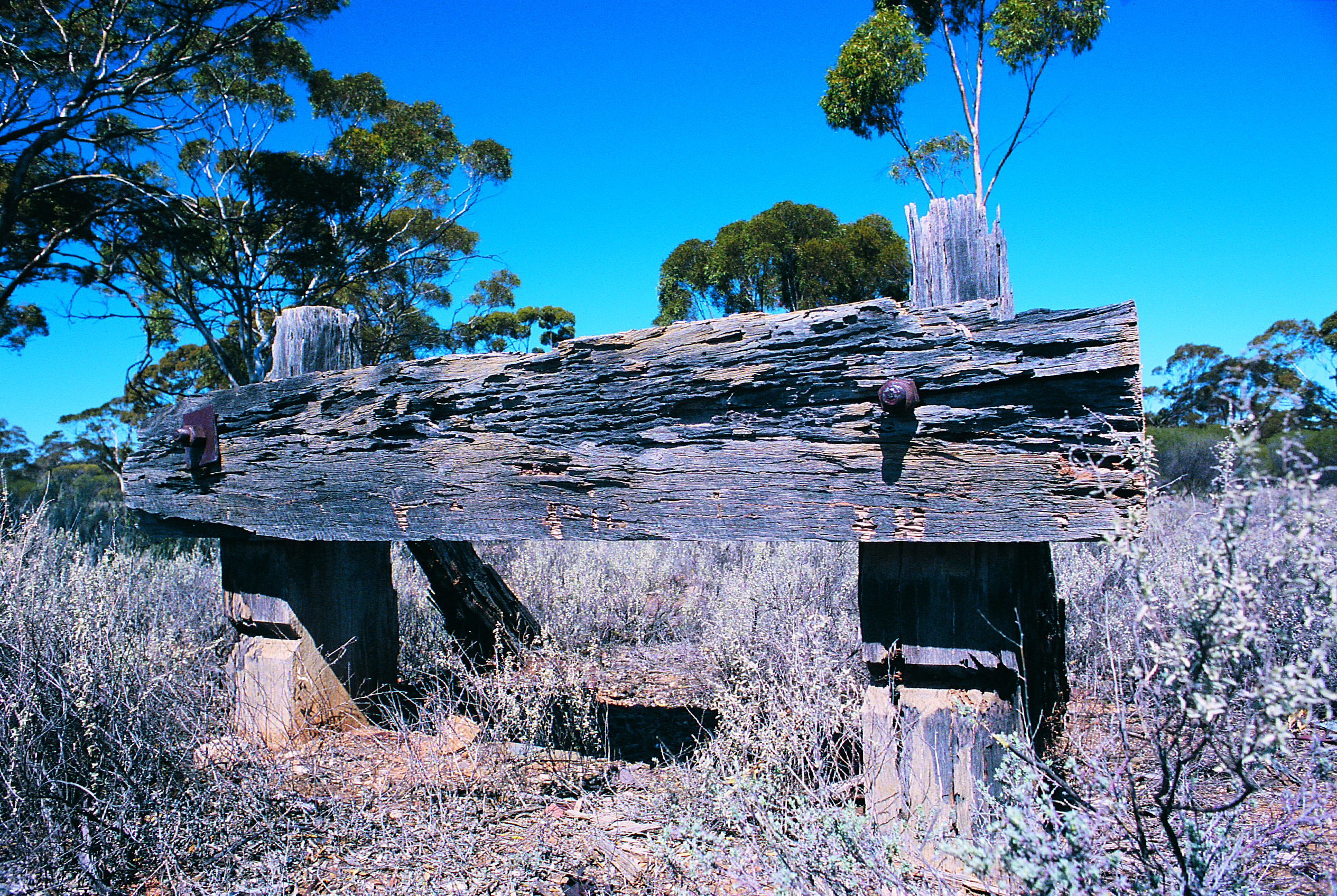Golden Pipeline


A time capsule of water,
gold & Western Australia
A project from the National Trust of WA

A self-guided drive trail between the Perth Hills and Western Australia’s Eastern Goldfields. Go with the Flow. Follow the water to discover more about the audacious goldfields water supply scheme and Engineer CY O’Connor.
“Future generations, I am quite certain will think of us and bless us for our far seeing patriotism, and it will be said of us, as Isaiah said of old, ‘They made a way in the wilderness, and rivers in the desert”
No 7 Pump Station
The site of No 7 at Gilgai is fascinating, not despite but because all its buildings, including the pumping station, have been demolished.

Their absence makes it easier to appreciate why the isolated No 7 was known as Siberia and to gain respect for families who made lives here.
‘…when news of Dad’s transfer came through, our dear Mother sat down and wept…For 25 years she had gallantly fought the adversities of ‘Siberia’ (as No 7 was called), but now (with) the prospect of being close to doctors, schools and shops a reality, all her emotions came to the surface. So with great joy and anticipation we moved to No 6.’ Rose Birss (née Wall), resident 1930-36

The houses and school have gone, the railway line ripped up, the pumps sold for scrap metal and all that remains is the tank that received water from No 6. But a walk around the site of the former pumping station site at Gilgai (an Aboriginal place name) is a walk through time, a journey into the lives of the people who once lived and worked there, who went to the school, played tennis and held community celebrations. The buildings may have gone, but the reminders of these lives are all around.

Housing consisted of a line of four-room houses, all carbon copies of the one blueprint, and all constructed of tin, weatherboard and asbestos sheet. Since visitors were a novelty, and toilets an obvious necessity, there was only a dusty bike track, barely noticeable, that ran past the front of the houses, and a shady, sheltered and quite established track along the rear of houses. This serviced the row of dunnies, all in a line and 30 paces from the back doors.
Explore
Click on any map section or place below to discover The Golden Pipeline.
Northam to Cunderdin
Explore section two


